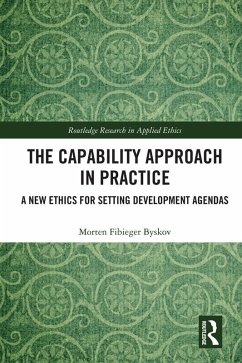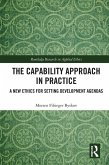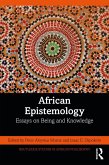In response to these questions, the author argues that development should aim at expanding people's capabilities and functionings. Capabilities and functionings-capabilities that have been realized-tell us what people are actually able to do and be with their resources, goods, and formal freedoms. He advances the view that local stakeholders should have more authority in deciding what a development agenda looks like. This claim to local authority in development can be interpreted both as a claim to political authority and expert authority. Finally, the author argues that ad hoc, foundational, procedural, and mixed (multi-stage) methods need to be synthesized in order to select the best capabilities and functionings for development.
The Capability Approach in Practice provides a philosophical and systematic approach to setting development agendas. It is an important contribution to the literature on the capability approach and development ethics, which will appeal to a broad range of scholars within philosophy and development studies.
Dieser Download kann aus rechtlichen Gründen nur mit Rechnungsadresse in A, B, BG, CY, CZ, D, DK, EW, E, FIN, F, GR, HR, H, IRL, I, LT, L, LR, M, NL, PL, P, R, S, SLO, SK ausgeliefert werden.









